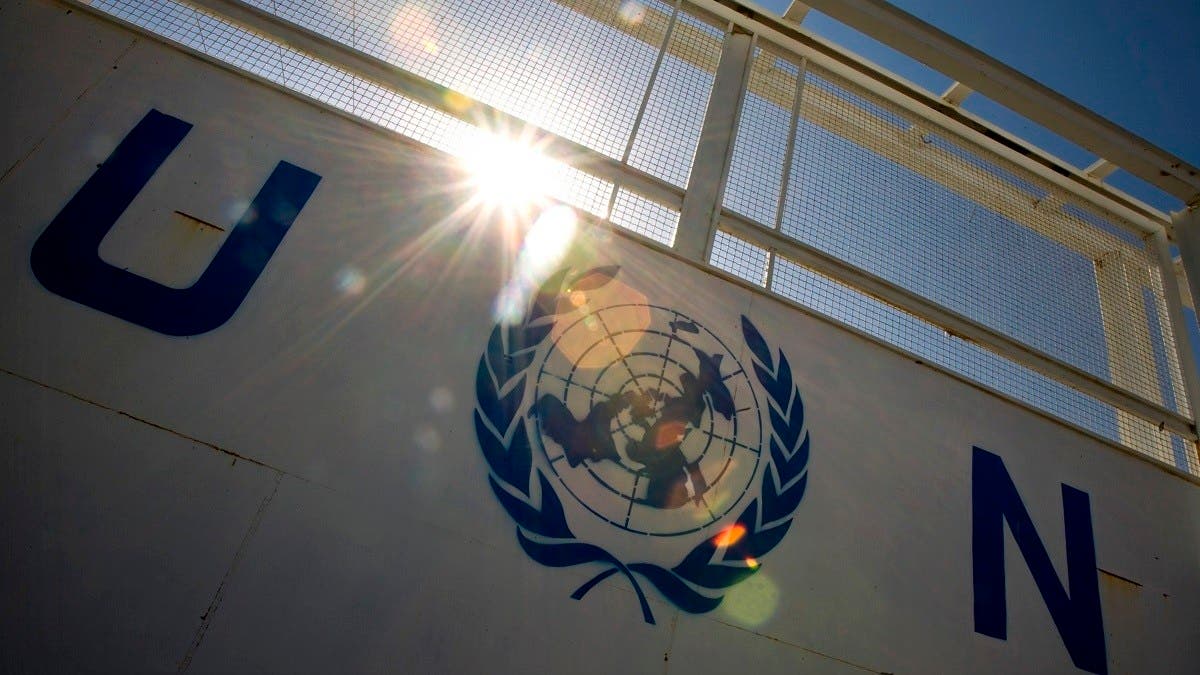The United Arab Emirates’ mission to the United Nations has taken its seat on the UN Security Council for the first time since 1986.
For the latest headlines, follow our Google News channel online or via the app.
The UAE was elected in June to serve on the council’s 2022-23 term along with Albania, Brazil, Gabon, and Ghana, whose representatives also took their seats Saturday.
“Membership on the council is a privilege that comes with enormous responsibility, and the UAE’s term will be based on our firm commitment to peace, stability, and multilateralism across the globe,” the UAE’s permanent representative to the UN Lana Nusseibeh said in a statement posted on the UAE Mission to the UN’s Twitter feed.
Since it was founded in 1971, the UAE has been a member of the UN.
It launched a campaign in September of 2020 for a seat on the security council.
The UN Security Council is one of the UN’s six primary bodies and aims to maintain international peace and security.
It can resort to imposing sanctions to put pressure on states to comply with the council’s objectives, and can also authorize the use of force.
The council is made up of 15 member states including five with veto powers: The US, China, Britain, France, and Russia.
Its five newest members replaced Estonia, Niger, Saint Vincent and the Grenadines, Tunisia, and Vietnam.
They ran for the seats unopposed, and won the support of more than two-thirds of the UN General Assembly.
The UAE has signed cooperation agreements with over 28 UN agencies covering some 80 consultancy and technical missions in the country, according to the official WAM news agency.
The country also hosts the offices of a number of UN regional offices, including United Nations Entity for Gender Equality and the Empowerment of Women (UN Women) and the United Nations High Commissioner for Refugees (UNHCR).
The UAE has provided free office space and financial contributions to UN agencies and non-governmental organizations at the International Humanitarian City in Dubai, according to WAM.
With Reuters
Read more:
UAE, Brazil, Albania, Gambia, and Ghana voted on to UN Security Council
Saudi Arabia supports UAE non-permanent membership of UN Security Council
UAE wins seat on UNESCO diversity committee

 World2 years ago
World2 years ago
 World2 years ago
World2 years ago
 Entertainment7 years ago
Entertainment7 years ago
 World7 years ago
World7 years ago
 Entertainment7 years ago
Entertainment7 years ago






